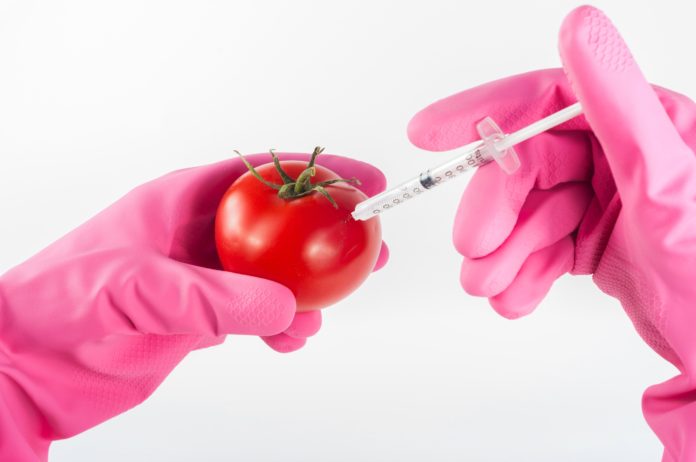Rampant food adulteration could be the biggest spanner in the works for a healthy India
As India embarks on its Ayushman Bharat programme and a very ambitious National Health Protection Scheme, here is one aspect of health that it seems to have blatantly ignored.
One in every four food sample in India is adulterated, according to the recently released Food Safety and Standards Authority of India (FSSAI) annual report 2016-17. Punjab and Uttar Pradesh topped the food adulteration list with 55% and 42% of their analysed samples found to be adulterated/misbranded respectively.
Overall 23.28% (14130 out of 60671) of all samples analysed in 2016-17 were found adulterated/ misbranded and legal cases (including criminal and civil) have been filed in 75% of cases.
They were followed by Tamil Nadu (32%), Rajasthan (26%), Kerala (26%), West Bengal (25%), Telangana (22%) and Uttarakhand at 18%. Overall 23.28% (14130 out of 60671) of all samples analysed in 2016-17 were found adulterated/ misbranded and legal cases (including criminal and civil) have been filed in 75% of cases. How neglected food safety concerns are in India can be made out from the fact that data from many states and Union Territories (UTs) like Andhra Pradesh, Maharashtra, Jharkhand, Jammu and Kashmir, Lakshadweep, Sikkim, Daman Diu and Andaman and Nicobar Islands are still awaited.
Reporting of state wise analysis of data was started in 2014-15 for better identification of defaulting states and UTs in an effort to improve the overall food adulteration scenario in India. While West Bengal was the state with the most food adulteration in India in 2014-15 and 2015-16 when 54% and 70% of all analysed samples were found adulterated respectively, food adulteration in Uttar Pradesh too was very high at 43% and 48% respectively in those two years.
What is more alarming is the fact that food adulteration in India is gradually rising from 19.3% in 2014-2015 to 21.8% in 2015-16 and 23.28% in 2016-17, while total number of analysed samples have remained constant between 60000 to 70000 throughout that period. The reported numbers could therefore only be the tip of the iceberg as wider area of analysis of foods and adherence to more stringent standards could throw up far worse figures.
This nevertheless, is not the first time the issue has been flagged.
Minister for science and technology Harsh Vardhan told the Lok Sabha on 16th March 2016 that over 68% of the milk sold in India did not conform to standards laid down by FSSAI. He was quoting from a nationwide survey conducted by the agency in 2011. “The adulterants added are very hazardous, and could cause serious diseases. Since milk is commonly consumed in everyday diet, the issue is of grave concern,” the minister had said in Parliament.
On January 2, 2011, in a first of its kind report, results of the National Survey on Milk Adulteration were released by FSSAI. The report said that of the 1,791 samples tested, 70 per cent were adulterated and did not meet the standards the Act lays down. Nearly 14 per cent contained detergent, 548 had skimmed milk powder and 477 had glucose. Packaged milk and samples collected from rural areas fared better with only 30 per cent non-compliance as compared to urban centres.
The story gets even more sordid. It seems even these reports may not tell the whole tale because FSSAI’s labs themselves are suspect. A recent Comptroller and Auditor General of India(CAG) report tabled in the Parliament on December 19, 2017 which examined FSSAI along with its regional and sub-regional offices in the nine selected states and one union territory found that only seven out of 72 states laboratories passed the standards issued by the National Accreditation Board for Testing and Calibration Laboratories.
Adulterated food could be the undoing of a long life for India – Ayushman Bharat.



It’s an alarming story. I hope govt. pulls up the socks and take strict action against culprits